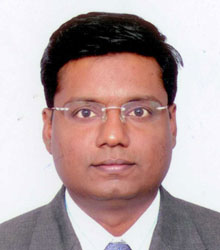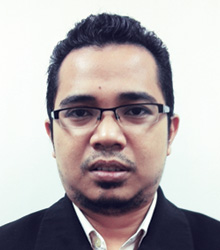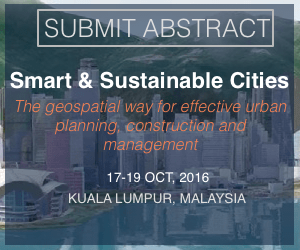Smart Cities
Smart Cities: Adopting Sustainable Practices

Advisor to the Minister of Construction & Honorary
Head of Department
Ministry of Construction
Vietnam

Director Strategic
Business Development,
Ordnance Survey
United Kingdom
SMART Government = spatially connected government

Executive Director
AAM,
Australia
Geospatial Information is the Building Blocks for Smart Cities

Director - ICT Institute
Information and Communications Department,
Ho Chi Minh City,
Vietnam
Applying GIS as an infrastructure of a smart city in HCMC

Principal Consultant - Asia
Bentley Systems,
Singapore
Advancing Smart Cities through Bentley Solution

Deputy Director
Physical Planning Department, Kuala Lumpur City Hall, Malaysia
Strategic City Planning & Smart Electricity
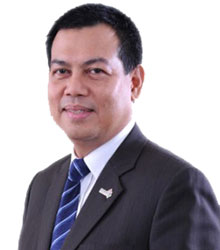
Chief Executive
Iskandar Regional Development Authority
Malaysia
Iskandar Malaysia Smart City Blueprint & Realization
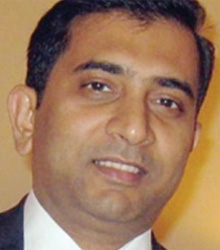
CEO
Skymap,
Singapore

Software Developer - Spatial & Graph Technologies, Oracle, China
3D Data Management for Smart Cities - Challenges and Opportunities

Utility Solutions Business
ICT Division,
Tenaga Nasional Berhad,
Malaysia
Unmanned Aerial System (UAS) Implementation in Tenaga Nasional Berhad (TNB)
Smart Water Utility

Director General
Jabatan Bekalan Air (Water Supply Dept),
Ministry of Energy, Green Technology & Water (KeTTHA),
Malaysia
Geospatial Applications in Water Supply

Director
Ground Data Solutions, Malaysia
Utility Mapping and its Challenges in Malaysia using Airborne LiDAR Technology
Currently home to 17 megacities, Asia Pacific region is expected to be home to 22 megacities by 2030. On top of this, urban population in the region is expected to reach 3.2 billion by 2050, more than half of its entire population. The rapid increase in urban population will place heavy strain on the government, especially in terms of investment, to ensure smooth delivery of services, as well as to ensure the critical city infrastructures such as transportation, water supply, electricity and telecommunications, meet the citizens' and environmental needs.
Adopting smart, sustainable development practices is the only way for city authorities and federal governments today to be well-placed to meet these challenges in the future. The need for innovative policies and smart technologies are greater than ever, and it goes beyond GIS, GPS and traditional mapping. Smart technologies such as building information modelling, connected sensors, crisis response system, and intelligent transportation system – all rooted in location information, will be at the core of city planning and management.
Smart Cities programme at Geosmart Asia 2016 will bring forth the value of integrating geospatial technology throughout the entire city lifecycle management, with special emphasis on urban planning and mobility.
Target Audience- Academic & Research Bodies
- City Authorities
- Consultants
- Engineering Firms
- Funding Agencies
- Geospatial Industry Experts
- IT Solutions Providers/Smart Technology Experts
- Policy Makers
- Project Executing Agencies
- Urban Planners

